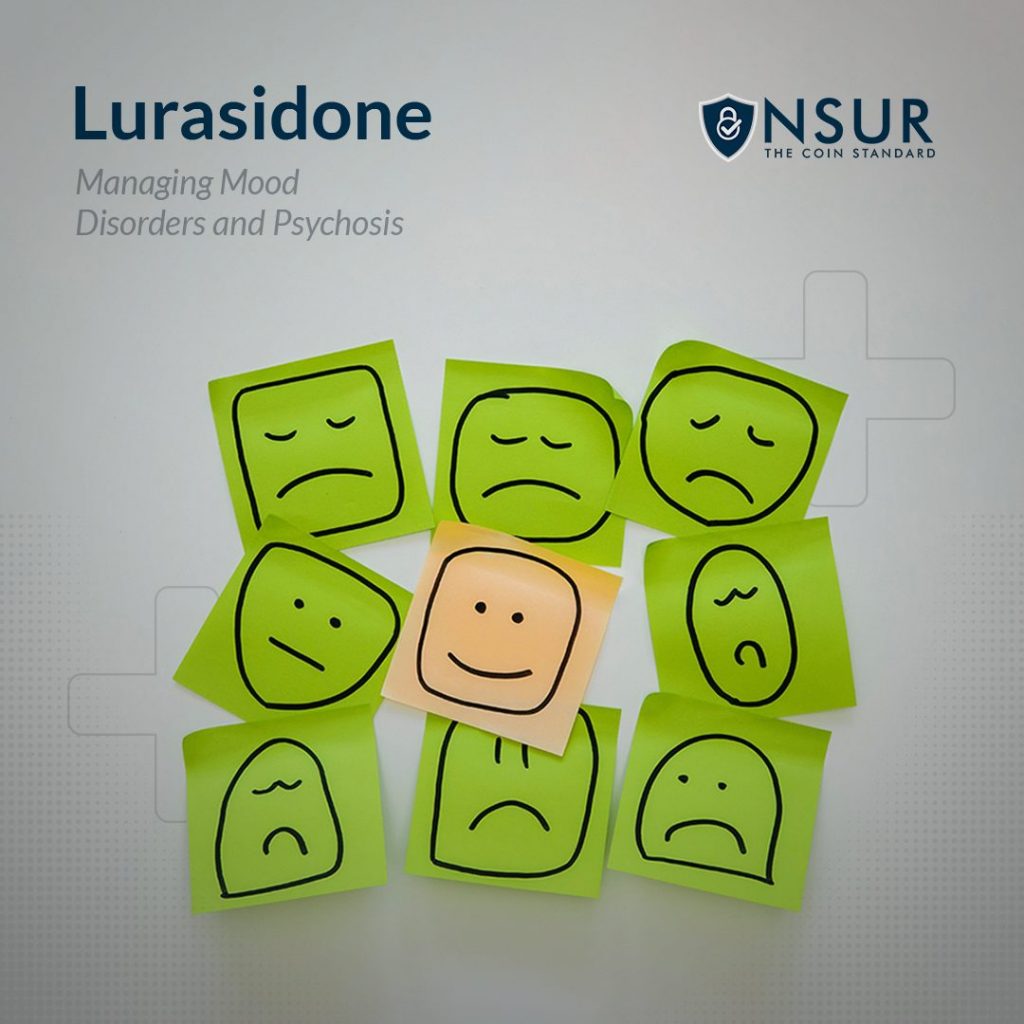
In the intricate landscape of psychiatric medication, there is a constant quest for effective and well-tolerated treatments. Lurasidone, a relatively newer player in this arena, has shown promising results in managing mood disorders and psychosis. This blog delves into the mechanism, benefits, and considerations of Lurasidone, shining a light on its role in modern psychiatry.
What is Lurasidone?
Lurasidone, marketed under names like Latuda among others, is an atypical antipsychotic medication primarily used in the treatment of schizophrenia and bipolar depression. Approved by the FDA in 2010 for schizophrenia and later for bipolar depression, it has since become a significant option for patients and healthcare providers.
How Does Lurasidone Work?
Lurasidone works by balancing neurotransmitters in the brain, chiefly dopamine and serotonin, which are key players in mood regulation and perception of reality. Unlike some older antipsychotics, Lurasidone has a high affinity for dopamine D2 and serotonin 5-HT2A receptors, and a moderate affinity for serotonin 5-HT7 receptors. This unique profile helps in alleviating symptoms while minimizing some of the side effects typically associated with antipsychotics.
Lurasidone for Schizophrenia
In schizophrenia, Lurasidone helps in managing symptoms like hallucinations, delusions, and disordered thinking. It can be effective in both the acute and maintenance phases of schizophrenia. Studies have shown that Lurasidone improves both positive symptoms (such as hallucinations and delusions) and negative symptoms (like apathy and social withdrawal).
Lurasidone in Bipolar Depression
For those suffering from bipolar disorder, Lurasidone can be a game-changer, especially in the depressive phase. It’s known for its ability to alleviate depressive symptoms without causing mania, a risk associated with some antidepressants in bipolar patients. This makes it a valuable tool in the bipolar treatment arsenal.
Benefits of Lurasidone
- Effectiveness: Clinical trials have consistently demonstrated Lurasidone’s efficacy in reducing psychiatric symptoms in both schizophrenia and bipolar depression.
- Tolerability: Lurasidone is generally well-tolerated. Its side effect profile is favorable compared to some older antipsychotics, especially concerning weight gain and metabolic effects.
- Reduced Risk of Metabolic Syndrome: Unlike other atypical antipsychotics, Lurasidone has a lower risk of weight gain, diabetes, and cholesterol issues, which are significant concerns in long-term psychiatric treatment.
Considerations and Side Effects
While Lurasidone is an effective medication, like all drugs, it comes with potential side effects. These can include akathisia (a restless feeling), sedation, nausea, and parkinsonism. However, these effects are generally less severe compared to other antipsychotics.
Patients with kidney or liver issues, as well as older adults with dementia-related psychosis, need careful monitoring while on Lurasidone. It’s also important to note that Lurasidone should be taken with food (at least 350 calories) for optimal absorption.
Take advantage of NSURx for your prescription drugs!
With the NSURx Prescription Benefit Card, you can save money on your medications at more than 35,000 pharmacies across the United States.
You can save up to 80% on your medication by using an NSURx card. Hundreds of dollars in savings could be yours every time you fill out your prescription.
The more you shop with NSURx, the more NSUR Coins you will receive as a reward.
Final Thoughts
Lurasidone represents a significant advancement in the treatment of mood disorders and schizophrenia. Its unique action on neurotransmitters offers effectiveness while minimizing some of the challenging side effects associated with psychiatric medications. As with any medication, it should be used under the guidance of a healthcare professional, tailored to individual needs.
As research continues to evolve, medications like Lurasidone not only offer relief from debilitating symptoms but also hope – hope for a more balanced life, hope for fewer side effects, and hope for a brighter future for those battling mental health disorders.
Disclaimer
This blog post is intended for informational purposes only and should not be considered a substitute for professional medical advice. Always consult with a qualified healthcare provider for personalized recommendations and guidance.











